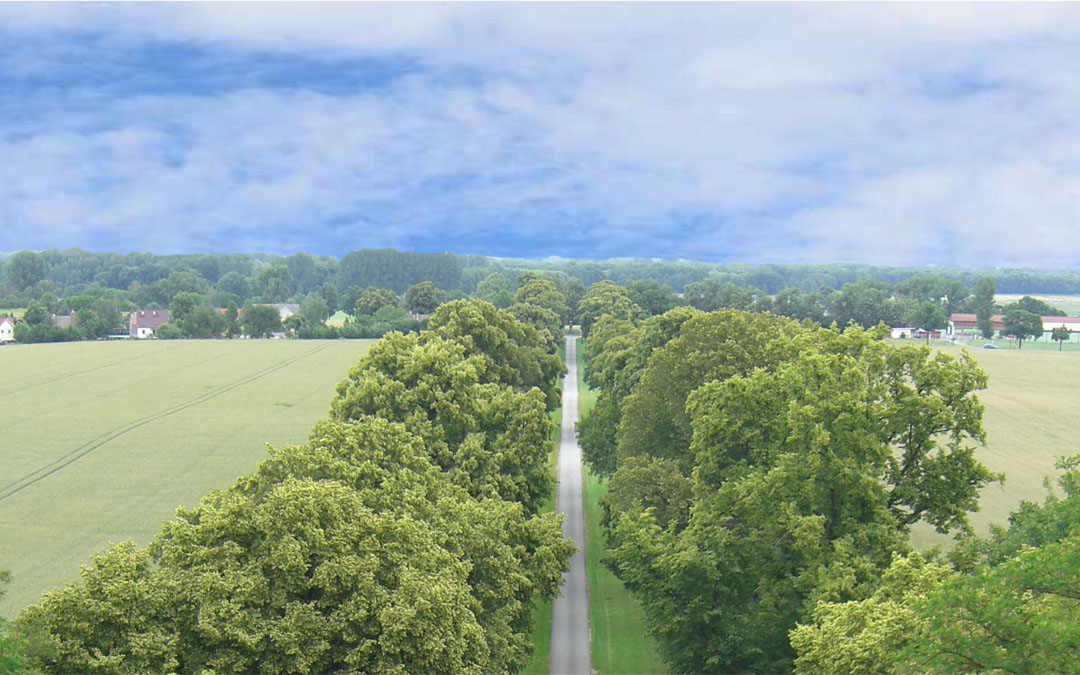For a long time, the car was the means of choice when it came to individual mobility. However, with the growing ecological and economic challenges, new concepts are needed – ones that are multi- and intermodal, digitally networked and, ideally, post-fossil. As one of the key players in rural regions, public transport in particular is in demand here, as efficient mobility provision is a key location factor for regions and has a direct impact on their attractiveness as a business location and the (local) quality of life.
The further development of demand-oriented mobility services can be a key to solving these challenges. In rural areas in particular, app-based flexible (“on-demand”) mobility services can close gaps in public transport services, which are important for the provision of a functioning public service.
As part of the “OhneAutoMobil_OPR” project funded by the Federal Ministry of Education and Research (BMBF), aconium GmbH directly surveyed citizens in the district of Ostprignitz-Ruppin in two test areas (the district town of Neuruppin and Horstdörfer south of Neuruppin) on this topic. The needs and expectations of the population regarding a demand-oriented, digitally bookable (on-demand) on-demand bus service were surveyed using an online population survey and direct citizen interviews. Interviews with experts from politics, research and transport supplemented this with valuable insights into challenges and solutions for a sustainable mobility supply in the area of conflict between demography, economy and ecology.
The survey made it clear that the vast majority of the population is generally open to flexible forms of public transport and that digital booking would not be an obstacle. In very rural areas, however, turning away from a second car is more realistic than giving up the car altogether. It will also be financially interesting for transport companies if such forms of service can operate autonomously in the near to medium term, partly because personnel costs and availability can be better regulated in this way.
aconium GmbH has prepared and summarized the results of the survey in a study. Click here for the study:
https://www.mobil-opr.de/images/pdf/210526_Studie_OPR_final-neu.pdf
Background
The district of Ostprignitz-Ruppin and a consortium of seven partners have been awarded funding as part of the federal competition “MobilitätsWerkStadt2025”, which is funded by the BMBF. The overarching aim of the “OhneAutoMobil_OPR” project was to make public transport in the district of Ostprignitz-Ruppin (OPR) more flexible and demand-oriented and to use the possibilities of digitalization to achieve this.

